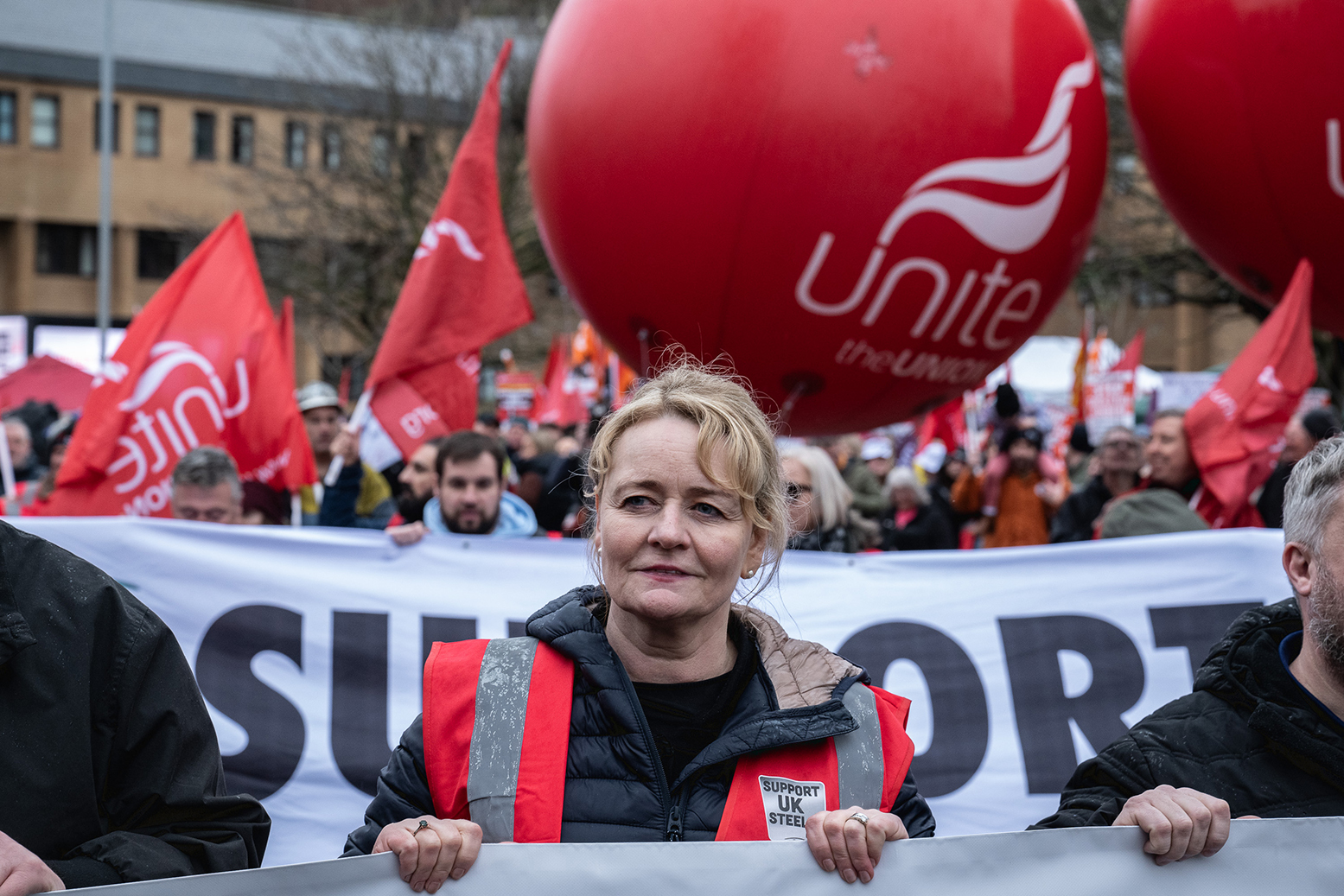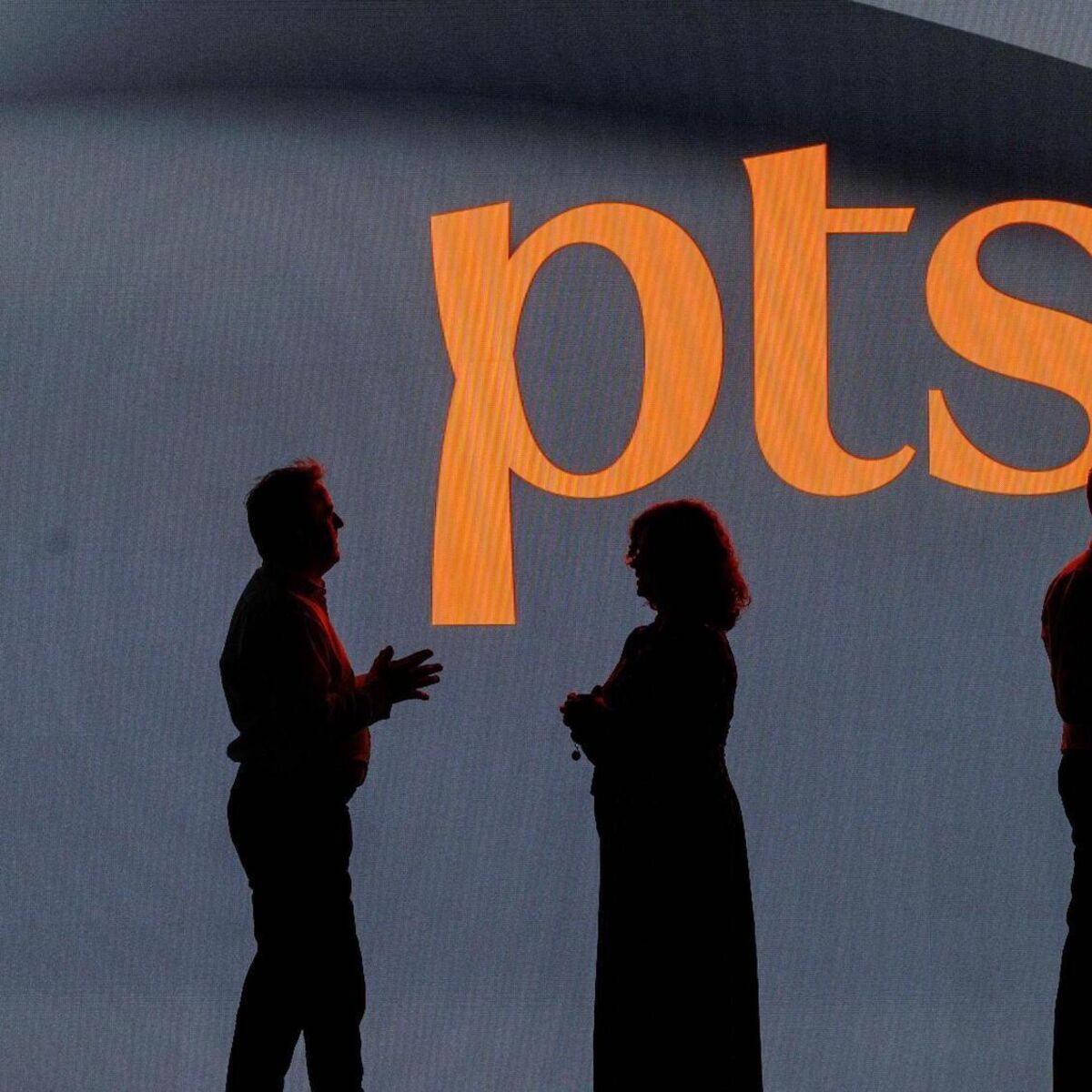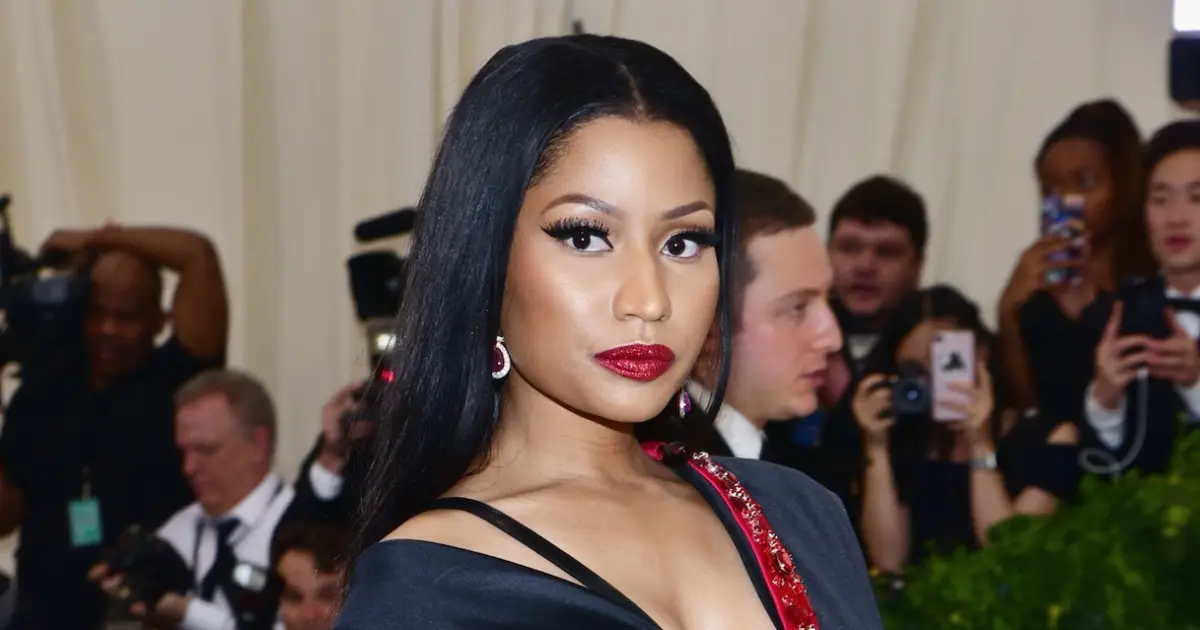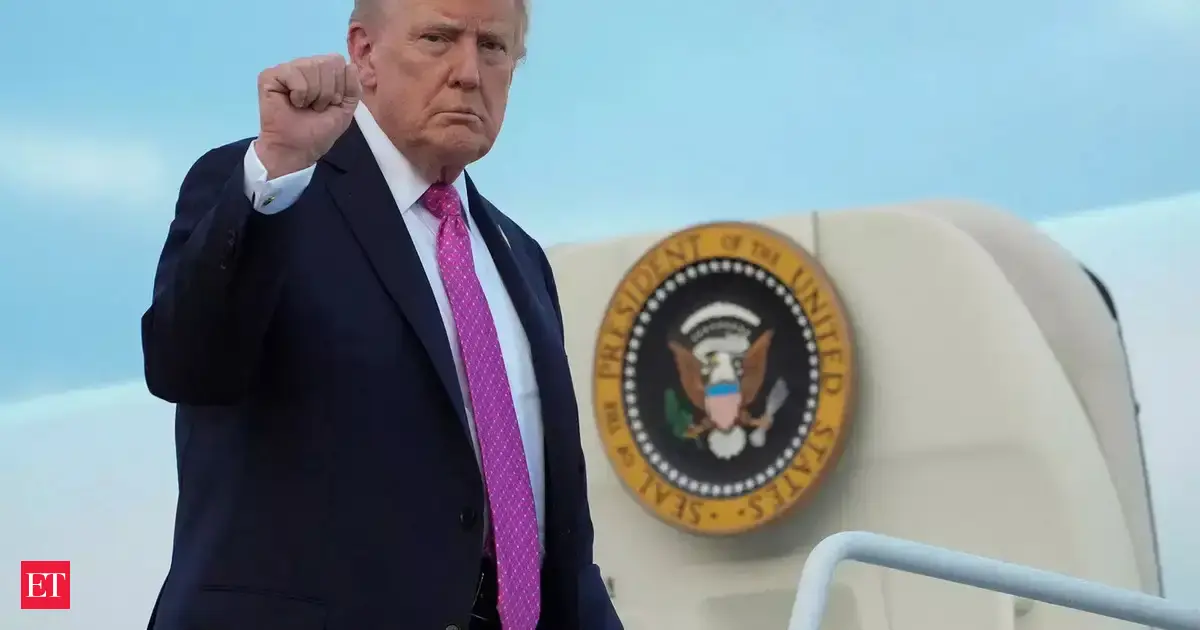Copyright newstatesman

When the Labour Party was founded in 1900, it was not so much a party as a pact: an agreement between the working-class men and women of this country, and those who promised to speak for them. From the trade halls of South Yorkshire to the shipyards of Glasgow, the labour movement gave this new party its money, its votes and its soul. It wasn’t born in Westminster, but in the roar of a crowd that wanted dignity to be a birthright, not a rare privilege. More than a century on, that pact has never been in greater danger. Labour governs again, for the first time in more than a decade, and is about to deliver the greatest expansion of workers’ rights in generations – yet one of its strongest allies, Unite the Union, stands on the picket line shouting at Downing Street. Unite has never looked so alone. It is at war with the Labour government it helped elect, at war with its fellow unions, at war with Labour councils, and at war with its own staff. Members of the GMB have even accused it, damningly, of union-busting. Sharon Graham, Unite’s general secretary, threatens to cut Labour’s political funding like some rogue monarch withdrawing royal favour from an ungrateful courtier. But if anyone’s lost their crown, it’s Unite. I spoke to Unite members at the Labour Party conference in October who looked genuinely exhausted – loyal to the union, but exasperated by its leadership. One told me, with a shrug, that it all felt like stunts – speeches, statements, conference walkouts – with no strategy. Another said the union had started to feel like “an elected dictatorship”, a line that’s been doing the rounds among “ReUnite” activists. There’s no question that Graham inherited a poisoned chalice from Len McCluskey when she took over in 2021. It had suffered from years of factionalism and allegations of corruption, with a political machine more obsessed with plotting in Westminster than protecting working-class people. But under her leadership, Unite is picking more fights and winning fewer of them. It has cut itself off from the mainstream of the labour movement and reduced its influence over policy to a polite irrelevance. The tragedy is that Sharon Graham once knew how to win. Before she ascended to the top job, she ran Unite’s organising and leverage team, a fearsome outfit that waged a dozen successful campaigns. It was audacious, and it really worked. She could turn obstinate employers into reluctant partners and walk away with more pay, better conditions and genuine respect. She was, for a long time, the left’s answer to the management consultant: efficient, unsentimental, effective. But the instincts that once made her formidable have changed. The strategist who used to out-think her opponents now prefers to out-shout them, on topics that are irrelevant to her disputes. The art of negotiation has given way to the theatre of defiance. What was once the beating heart of the left now tolls like a funeral drum: the sound of life remembered, not lived. Graham’s defiance still has the air of principle, but principle without success is just vanity rehearsing its own martyrdom. Whether Unite’s decline is because of Graham’s zeal or McCluskey’s shadow is the question that hangs over every conversation I have about this, and no one really wants to answer it. Even those members who still like her politics admit they don’t see much of a plan. The whole row feels less like a debate about ideology and more like a fight over identity, about who still gets to call themselves the heart of the labour movement. The government’s refusal to gut the Employment Rights Bill, a rare act of political courage in the face of business fury, owes as much to union pressure as to principle. Labour is no longer a political extension of the trade unions, but it has not abandoned their fundamental beliefs. And Unite, watching from the wings, cannot quite decide whether to claim credit or cry betrayal. This estrangement has never been more obvious than during the deputy leadership race, the battle of the bobs. The outcome was symbolically devastating. In truth, both contenders were trade union candidates, backed and briefed by different wings of the movement; yet, neither felt like one. There was no figure who spoke with the unions’ old heart or their grit – like Angela Rayner had. Unite, once the great kingmaker of the left, sat it out. The family quarrel of the past year had ossified into something worse: inertia. I’ve met plenty of Unite staff and reps who are trying to keep things afloat, people who joined because they care about making their workplaces better, not about which faction’s winning this week. They talk about dwindling funds, branches going quiet, and decisions made by proclamation rather than debate. None of them sound bitter. Just tired. They love the union, and it hurts to see it like this. This, to me, is what stings most. I’m a proud trade unionist. I firmly believe that trade unions have always been the conscience of the country: imperfect, yes, but indispensable. Yet what Unite is doing now isn’t an act of conscience. It’s pissing about while the real work gets done. When a Labour government is on the brink of giving working people their strongest protections in decades, one of our country’s biggest unions should be in the room shaping the key secondary legislation that’ll follow them, not outside shouting for the sake of being heard – that is unpatriotic. A trade union movement that defines itself by conflict rather than purpose will soon forget what it’s fighting for. Unite risks drifting from being the conscience of the working class to just another institution: reactive, bureaucratic, hollow. And Labour, for its part, risks the same fate in reverse: a party that governs by “delivery” alone, mistaking competence for conviction. Policy can protect workers, yes, but only solidarity and purpose can dignify them. The American trade union leader Harry Bridges said that “the most important word in the language of the working class is solidarity”. It’s a word that shaped everything decent in our public life, from fair pay to the very idea of a weekend, and one that has slipped far too easily from the modern tongue. If Unite can remember what it should stand for, and Labour can remember who it should stand with, then perhaps that old pact of 1900 has a little life left in it yet. [Further reading: Unite’s Labour affiliation “getting harder to justify”]



